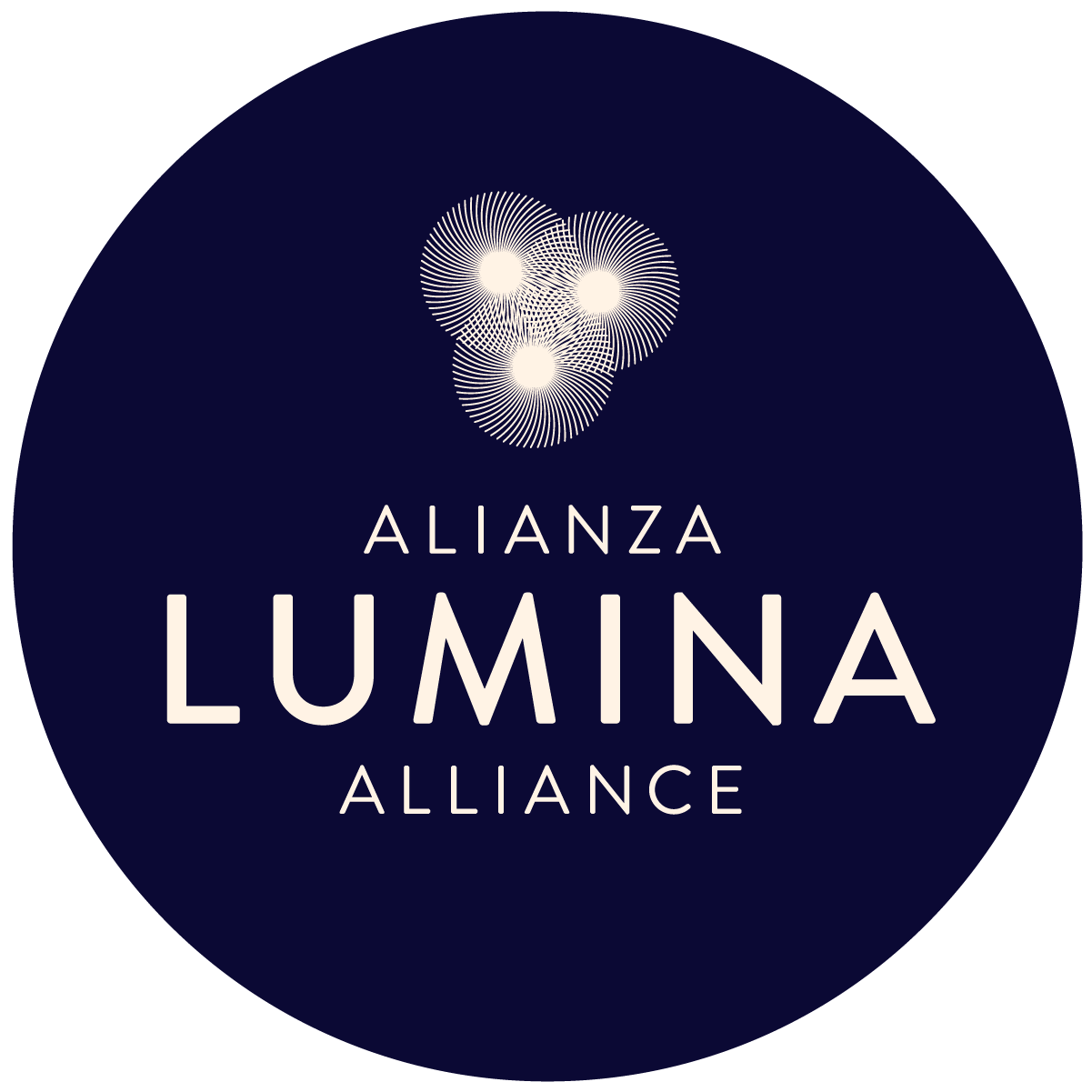This month, we’re highlighting the role that substance use plays in abusive relationships, and reaffirming our commitment to supporting survivors, regardless of their past or current use. No one deserves to experience violence from an intimate partner, regardless of the substances they use. Substance use is a common coping mechanism among survivors, and one of the many ways abusive partners maintain control. It’s important to understand the complex relationship between substances and intimate partner violence. Read on to learn more.
●●●
As we continue to explore the diversity of survivor experiences, we want to recognize and highlight the complex relationship between intimate partner violence and drug and alcohol use. Lumina Alliance wishes to affirm that we believe ALL survivors. Survivors’ stories are not alike, and every survivor deserves to be taken seriously and to be treated with respect and dignity. There are many common myths surrounding the relationship between substance use and intimate partner violence that can make it difficult for survivors to reach out for help:
- Myth: If someone who commonly uses substances says that they have experienced intimate partner violence, they are probably lying.
- Fact: Just because someone uses substances does not mean they did not experience domestic violence or that they are unreliable narrators of their own experiences. On the contrary, survivors of intimate partner violence are more likely to suffer from substance abuse issues, and make up a disproportionate number of those in substance abuse recovery programs (El Bassel et al., 2005).
- Myth: Substance use is what causes most intimate partner violence.
- Fact: While substance use has been shown to be a risk factor for intimate partner violence, it is not the sole cause of violence. The commonly held belief that drug and alcohol use causes aggression often allows abusive partners to use substances as a justification for their violent behavior. Alcohol use in particular, however, has been shown to increase the severity of intimate partner violence (WHO 2006) .
- Myth: If someone uses drugs or alcohol after saying that they experienced intimate partner violence, they are probably lying.
- Fact: Survivors may use drugs or alcohol to cope with the fear, intimidation and violence they are experiencing. For example,women with a recent history of intimate partner violence are 6x more likely to suffer from problematic alcohol use (Rivera et al., 2015).
Drugs and alcohol can also be used as another means of control by an abusive partner. Those who cause harm may sometimes use the stigma surrounding substance use to discredit or undermine their partners, and will tell them that their use of drugs or alcohol means that no one will believe them if they reach out for help. One study found that almost 1/4th of survivors who called the National Domestic Violence Hotline were afraid to contact the police for fear they would be arrested for being under the influence of alcohol or other drugs (Warshaw et al., 2014). Abusive partners have also been shown to actively sabotage their partner’s recovery by preventing them from attending substance abuse treatment programs, pressuring them into using drugs or alcohol, or verbally discouraging their partner’s from getting help.
Finally, if their partner also uses substances, survivors may be hesitant to reach out to law enforcement for help if they believe their partner will be arrested for using drugs or being under the influence. Survivors often continue to feel genuine care and love towards their partner, even in the face of violence. Wanting the violence to end and wanting their relationship to work are not mutually exclusive.
We want to assure all survivors that we stand with you, we believe you, and we will continue to work to support you. You are not alone, and if you need help, have questions, or just want someone to talk to, we are here. Call our 24-hour Crisis & Information Line for confidential support and advocacy services at 805-545-8888.
References:
Nabila El-Bassel, Louisa Gilbert, Elwin Wu, Hyun Go, and Jennifer Hill, 2005: Relationship Between Drug Abuse and Intimate Partner Violence: A Longitudinal Study Among Women Receiving Methadone American Journal of Public Health 95, 465_470, https://doi.org/10.2105/AJPH.2003.023200
Rivera, E. A., Phillips, H., Warshaw, C., Lyon, E., Bland, P. J., Kaewken, O. (2015). An applied research paper on the relationship between intimate partner violence and substance use. Chicago, IL: National Center on Domestic Violence, Trauma & Mental Health.
Warshaw, C., Lyon, E., Bland, P., Phillips, H., & Hooper, M. (2014). Mental Health and Substance Use Coercion Surveys Report from the National Center on Domestic Violence, Trauma & Mental Health and the National Domestic Violence Hotline (pp. 1–26).
World Health Organization. Who facts on: Intimate partner violence and alcohol. Who Facts on: Intimate Partner Violence and Alcohol | Office of Justice Programs. https://www.ojp.gov/ncjrs/virtual-library/abstracts/who-facts-intimate-partner-violence-and-alcohol




Recent Comments